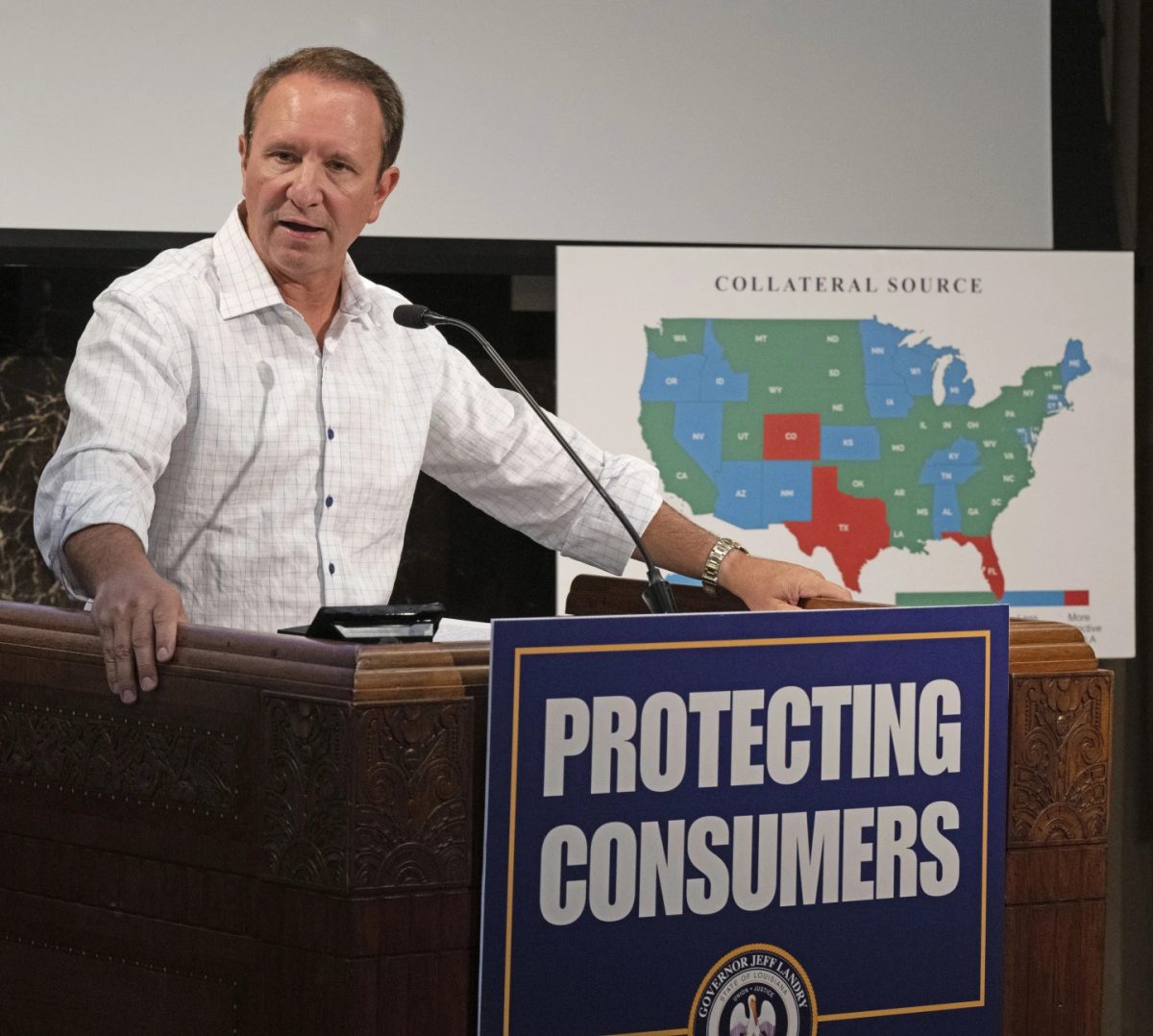In November, one of the most politically important states will vote on whether to legalize marijuana. If the measure is passed, Ohio will become the largest state in the country to completely legalize marijuana and could put an end to the war on drugs.
The war on drugs, enacted in the 1980s in response to the crack cocaine epidemic, sparked a vast increase in the number of prisoners on both the state and federal levels. The U.S. currently has 2.3 million people behind bars — more than any other country in the world. On average, it costs nearly $29,000 to house one federal prisoner for one year, according to The Washington Post.
A study conducted by the American Civil Liberties Union found that in 2010, Ohio spent more than $120 million prosecuting the possession of marijuana, a relatively harmless drug compared to other illegal substances.
From an economic standpoint, the drug war has been a dismal failure. Take cigarette smoking for example. The demand for cigarettes is highly inelastic, meaning that regardless of a change in price, consumption will not change. Drugs work in a similar way. Higher prices mean higher revenues for drug dealers, rendering prohibition meaningless.
Aside from the fact that the drug war is costing the government $51 billion a year, the cost of attempting to prevent people from doing drugs gave the U.S. the highest rate of illegal drug use worldwide. We can look to the prohibition of alcohol in the 1920s for proof that prohibition not only lends itself to higher usage but can lead to increased levels of violence.
The 18th Amendment prohibited the making, selling and transporting of alcoholic beverages — with proponents believing that alcohol was destructive — causing crime and corruption. The amendment simply forced the alcohol business underground, encouraging disrespect for the law and organized crime. It wasn’t the alcohol that brought on the surge of crime, but the need for an elusive black market economy.
The war on drugs also brought the idea of mandatory minimum sentences for drug crimes, which has led to an influx of incarcerated elders. Prisoners age 50 and older are the fastest-growing population in already overcrowded facilities, which led to increasing costs per prisoner for medications, hiring nurses and installing elder-friendly showers. Elderly prisoners face other harsh realities, like the inability to climb up stairs or into bunks or even hear the commands of guards.
The Obama administration is creating a bipartisan coalition to overhaul the justice system, granting clemency to prisoners who meet certain criteria. Thousands of prisoners who do not deserve to die in prison for minor drug crimes.
Federal judges are struggling with congressionally mandated sentences, causing people who need help — not prison — to be forced into a cell for upward of 10 years. Judges no longer have the discretion they once had. Their hands are tied by mandatory penalties.
By ending the war on drugs, we can focus our efforts on rehabilitation for addicts rather than criminal charges, thereby reducing prison populations and saving our valuable tax dollars so they can be put to better use. It’s time for the federal government to admit that the war on drugs has been an absurd waste of time and resources.
The drugs have won.
Mariah Manuel is a 21-year-old mass communication senior from Lake Charles, Louisiana. You can reach her on Twitter @mariah_manuel.
OPINION: U.S. losing drug war
August 26, 2015
Women discuss the type of women who smoke weed and how it affects them.
More to Discover










